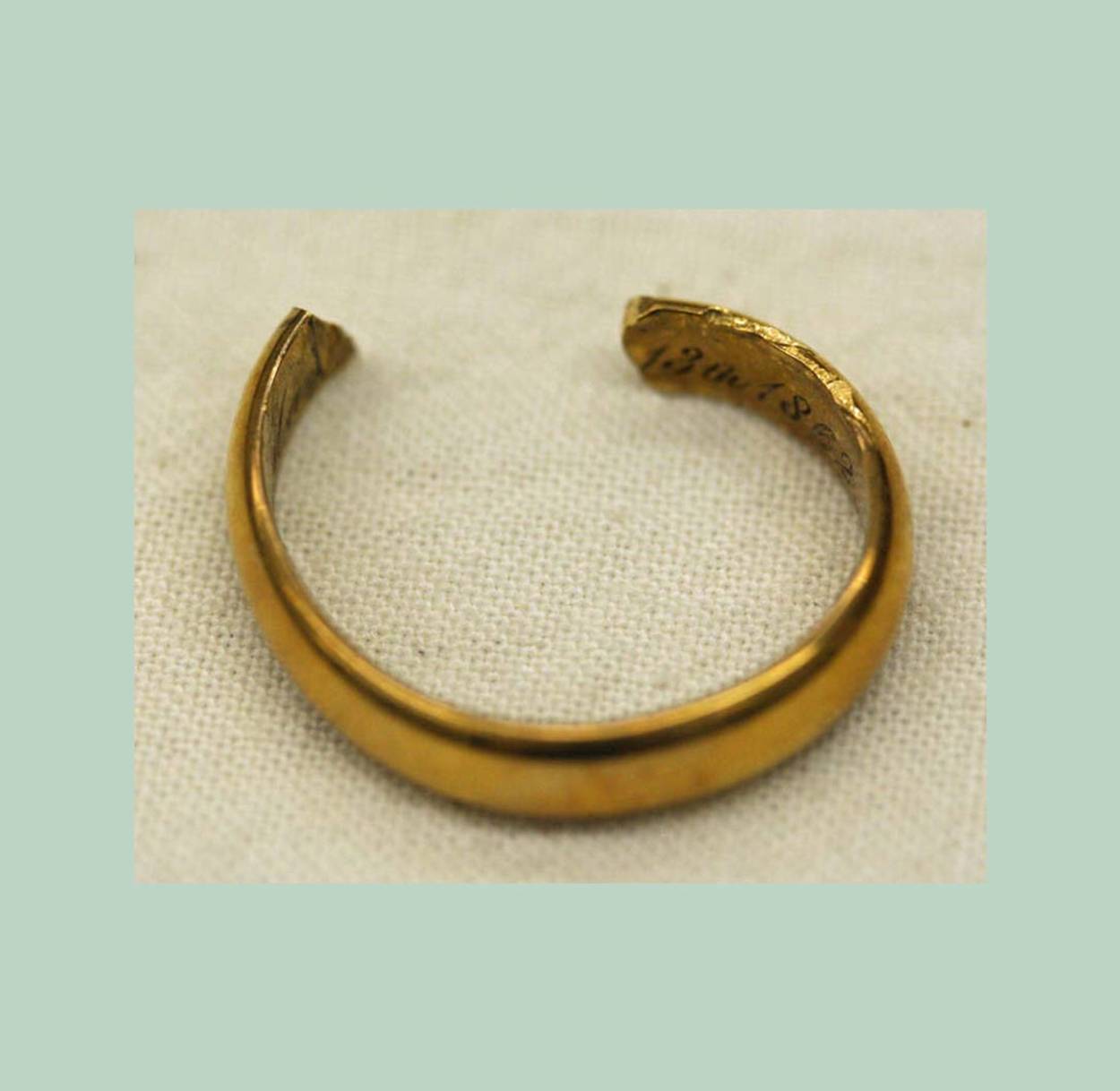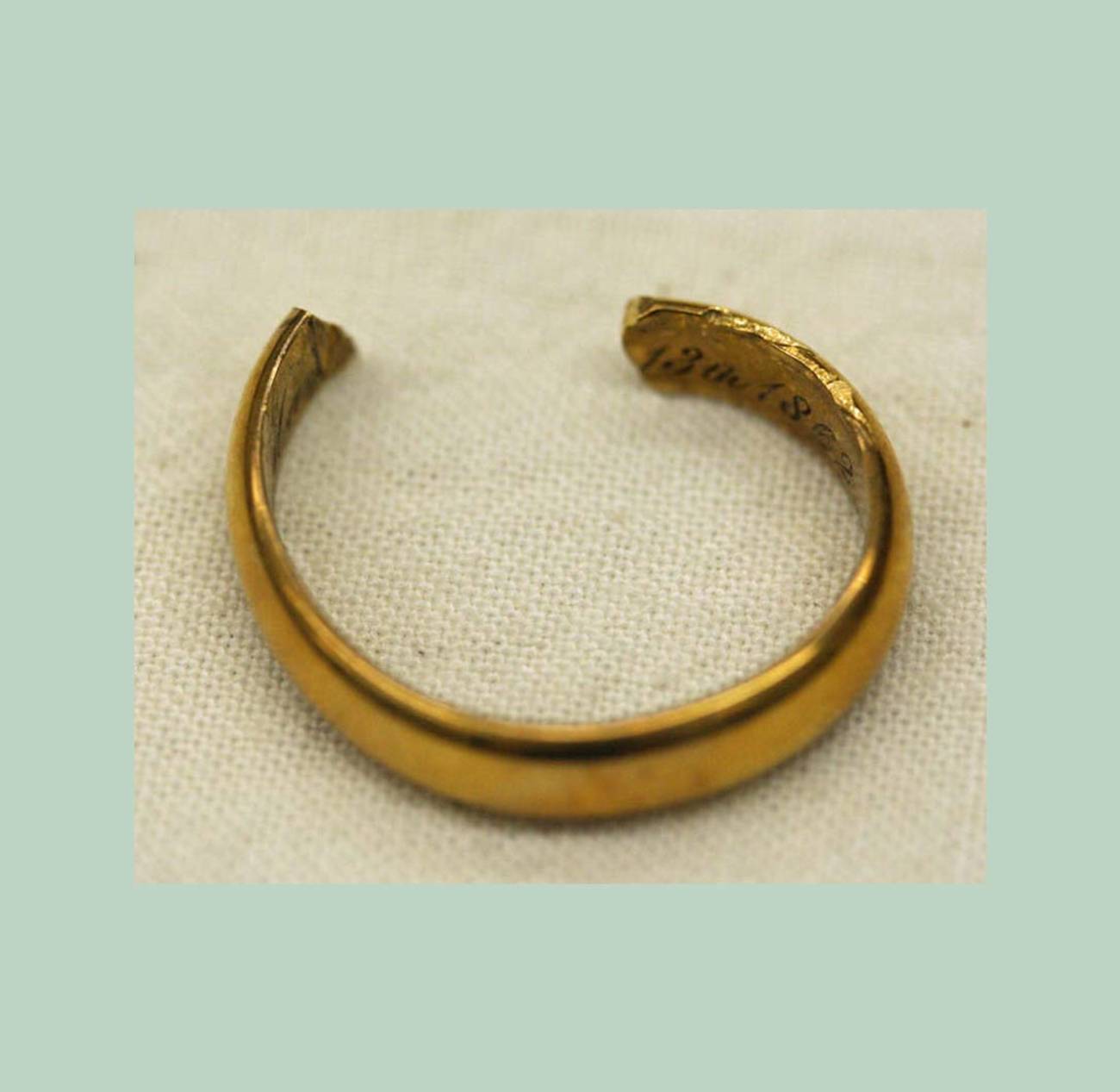The Silent Bride
An excerpt from the late Ronit Matalon’s newly translated novel, ‘And the Bride Closed the Door’




The three of them gave Matti a questioning look. “She’s not,” he said curtly and poured himself some Coke. “Not what? What’s happening?” his mother asked impatiently. “Not talking,” he replied, “doesn’t want to talk.”
Arieh and Peninit exchanged an expressionless look, as though handing each other a package whose destination or origin could not be located. “Well,” said Arieh finally, “not to worry. So she won’t talk. She doesn’t have to. The bride does not have to talk, as far as I recall.” Matti looked up at the ceiling and shut his eyes for a second. “It’s not that, Dad. Never mind. She doesn’t want to get married.” “Who doesn’t?” Peninit asked distractedly, turning red down to her auburn roots. “Who?! Margie. That’s who. Who else could not want to get married?” Matti blurted. Arieh put his hand to his hat and ponderously ran his finger over the sharp edge of the visor: “Some people don’t want to get married. Why not? It’s possible. I didn’t want to get married, I think,” he said in a dreamy voice.
Peninit gave him a bewildered look, opened her mouth as if to say something, but Nadia beat her to it, jumped up, smoothed down her yellow quiff and then the front of her dress, brushing off imaginary crumbs. “Margie’s good, she’s a good girl, Margie. She has the best heart, the best, I’m telling you.” She scanned the others, lingering on Peninit. “She just doesn’t feel well, that’s all. She doesn’t feel well, poor girl.” She fell back into her seat and jumbled the perfect structure of matchsticks that Peninit had arranged on the table.
There was a silence. Peninit began, clearing her throat first. “No one’s saying anything bad about Margie, why would we say anything bad about Margie? She’s a gem of a girl. Everyone here,” she stopped for a moment, darkened her brows at Matti and then went on, “everyone here loves her very much. Very much. It’s just that we have to … ” She stopped again, digging through her purse for the phone that had started ringing, and disappeared with it into the living room.
Matti looked at his father, who sat opposite him, rummaging in the plastic bags in search of his blood pressure monitor, which he carried everywhere, contradicting the explicit orders issued by his doctor, who had warned that frequent measurements of blood pressure could make his condition worse. “Where is it?” Arieh mumbled to himself, emptying the bags onto the floor, “where could I have put it?” He wandered around the table, stepping carefully among little mounds of folded fabric and wrapped boxes. His hooked nose, which pointed forward like a final act of impudence within the compliant field of his face, and mostly his thin, protruding lower lip, aroused in Matti (who watched from the side) a feeling of sorrow and heartache for this man who was apparently his father, and whose life had passed him by while he constantly backed up against walls. Now, too, there seemed to be a wall in whose shadow he could shelter. (Which one? Matti wondered. Which wall? He piled up the matches scattered across the table and put them back, one by one, into their box.)
“That was the photographer,” Peninit said, back from the living room, as she distastefully surveyed the mess of emptied-out bags on the floor. “She couldn’t get hold of you. She said you arranged to meet at five for the pictures, in that park where the foreign workers hang out, by the Central Bus Station, didn’t you?”
Matti nodded, turning the matchbox over from side to side.
“Have you by any chance seen my blood pressure … ?” Arieh asked her. “I’ve turned everything out and I can’t find it. Maybe it’s in your purse?”
Peninit did not respond. She glared at Matti. “What’s the story with that Levinsky Park with all those Sudanese? You wanted your wedding pictures with the Sudanese?” she asked.
“What Sudanese?” Nadia was having trouble following. “Who’s taking pictures of the Sudanese?”
“Not of them,” Peninit clarified, “with them, in that park they go to. For the wedding. With all those Sudanese foreign workers they brought over here, him and Margie wanted to do their wedding pictures, can you believe it?” She went over to her large bag, took out the blood pressure monitor, and threw it in Arieh’s lap.
“I think it’s a very nice idea to get their pictures there. It’s very picturesque with all those blacks in their white clothes, and Margie with the white dress. Very unique,” Arieh said, tightening the cuff on his arm, his lips slightly open and stretching into a faint smile, like a baby finally given his bottle. “How much did you pay them?” Nadia asked suspiciously. “How much did they ask?”
“Who asked, asked what, what are you talking about?” Matti murmured.
Nadia didn’t hear him. “How many of them did you pay—five? Even if each one didn’t take a lot, that’s still something altogether. I’m sure they wouldn’t do the pictures out of the kindness of their heart,” she said, searching for something. “I really need a cigarette.”
Matti put his hands on his stomach, which had started grumbling again. “Listen,” he began, then stopped, facing the same dead end again, the same locked and embarrassing door from an hour ago, which had become the dead end inside him, except that now it was adorned with these faces in front of him, which perked up and jumped out and gaped with eyes and mouths like crazy glove puppets, with the crowing and prattling of his mother and father and mother-in-law (“my mother-in-law, my mother-in-law,” he kept rolling the words off his tongue), all of them together and each one separately. All that prattling had nothing to do with what was really true, really honest and private, and which resulted entirely from what there had been and what there still was between him and Margie, between Margie and him, which still existed and was still present, despite the locked door and perhaps even more forcefully because of the locked door, behind which Margie had barricaded herself and which oddly magnified what they shared between them, accentuated what glued them to each other, which had virtually no words, not words that he knew, only what she’d said, Margie, once, about six months ago, when they’d decided to get married, mostly because of Nadia and her suffering, and that night, as they sat in the dark car parked outside her house, Margie had said, “It’s an endangered species, all of this.” And he’d held her slender, frail fingers between his hands and asked, “Who’s endangered?” And Margie had smiled, looking at the dark bushes in front of them, or at something else, and she’d said, “Us. You and me.”
Excerpted from And the Bride Closed the Door, by Ronit Matalon. Copyright © The Estate of Ronit Matalon. Translation copyright © Jessica Cohen. Published by arrangement with The Institute for the Translation of Hebrew Literature.
Ronit Matalon (1959-2017) was the author of nine novels. And the Bride Closed the Door was awarded Israel’s Brenner Prize.